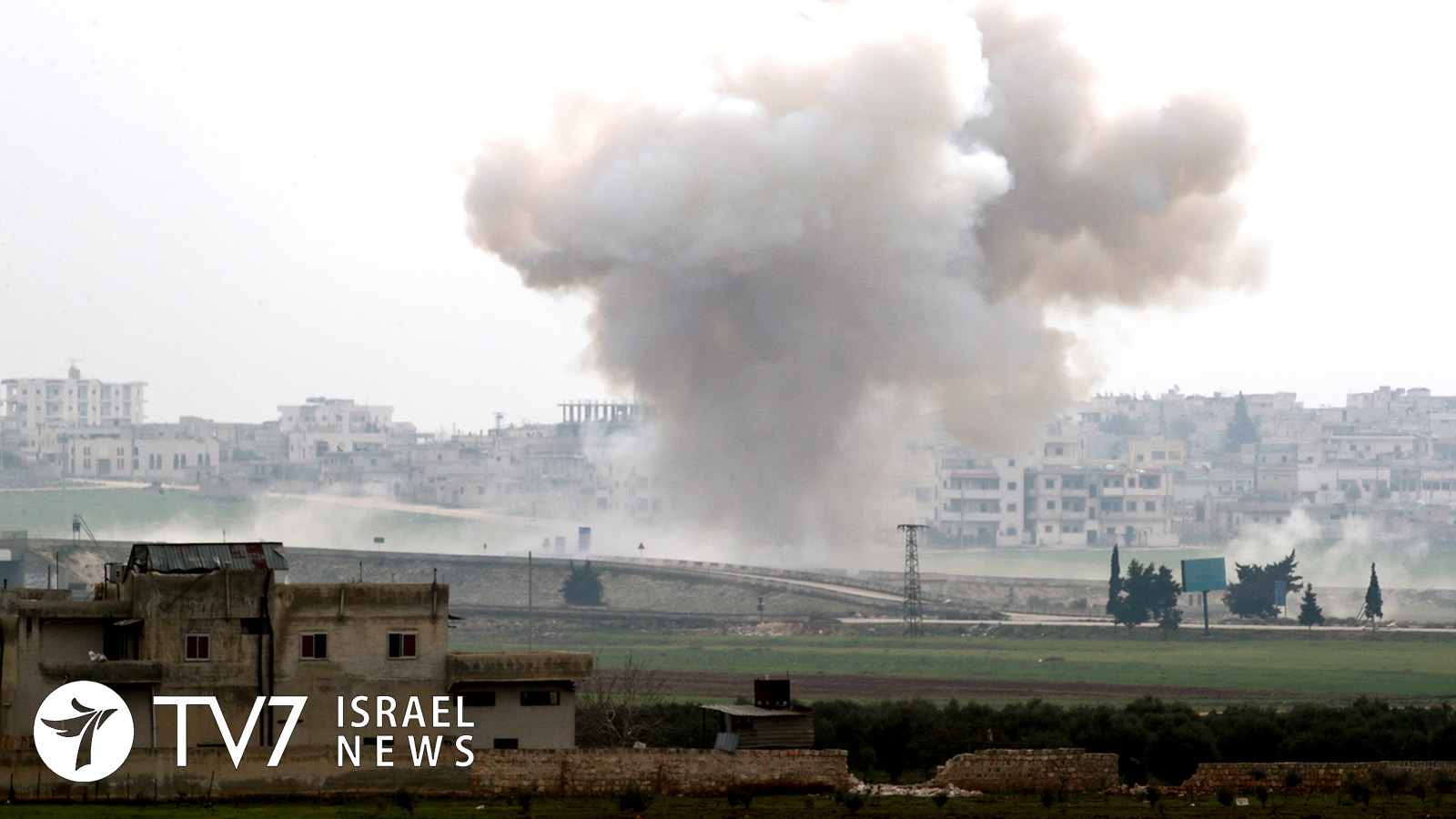Fierce battles are continuing to intensify in Syria’s northwestern Idlib region, where the Turkish military is backing Jihadist Sunni-Muslim militants in efforts to repel an advance by the Syrian army, which is backed by Shi’ite-Muslim Iranian proxies and Russian aerial support.
The Syrian army remains unyielding in its campaign to reassert control over all of its territory despite having sustained devastating losses over the course of the past several days. In contrast, Turkey continues to deploy additional forces to Idlib as part of its pledge to maintain a territorial corridor outside the control of Syrian President Bashar al-Assad.
The primary hurdle for the realization of Ankara’s intentions are involvement by Moscow and Tehran. to realize its declared aspiration. During an address to members of his AK party yesterday, Turkish President Recep Tayyip Erdogan repeated his demand that both countries withdraw from Syria.
The Turkish leader also vowed that the offensive codenamed ‘Operation Spring Shield’ will proceed unless Damascus heeds his demands. “So far, the soldier and equipment losses of the (Syrian) regime are just the beginning,” he declared, warning that “If they (Syrian government forces) do not withdraw to the lines Turkey has determined as soon as possible, they will not have a head left on their shoulders.”
Turning to his insistence for increased financial insistence for millions of Syrian refugees in his country, Erdogan then maintained that Europe erred by failing to act until he opened Turkey’s borders with Greece and Bulgaria. “European countries are not sincere about immigrants,” he charged, going on to say “if you don’t share a task with us – we will open the doors. But they thought we were joking. When we opened the doors, the phones started to ring.”
Greece and Bulgaria have now bolstered their borders with increased numbers of military and police forces to turn back any infiltrators encouraged by Turkey, in what has widely been viewed as cynical use of migrants in Ankara’s attempt to extort Europe.
German Chancellor Angela Merkel commented that even though there was “understanding and every readiness to talk in order to provide more support,” she believes “it is unacceptable to deal with it at the expense of migrants.” She stressed that those who were “motivated to go to the border” simply ended up at “a dead end,” before underscoring that policy adhered to by Berlin in accordance with the EU-Turkey deal “is such as not to do politics at the expense of migrants” but to instead “find agreements between states to neither bring the migrants into a more difficult situation or make life easier for the traffickers.”
While the European Union initially failed to comprehend the severity of the situation, the Vice President of the EU Commission for Migrant Affairs Margaritis Schinas insisted that this crisis could serve as a test for European unity. “It’s time that the European Union is tested, as it is the case now,” she stated, insisting that “unity must prevail.” After acknowledging “This is a crisis,” she went on to argue that “it can also become an opportunity for Europe. An opportunity that would allow us to defend collectively our external border, show solidarity to Greece and Bulgaria, and at the same time, proceed with a broader reform of our migration policy, which is one of the most emblematic initiatives of the new Commission.”
In a further show of support to Athens, the heads of the European Commission, Council and Parliament accompanied Greek Prime Minister Kyriakos Mitsotakis on an inspection of his nation’s border with Turkey. Even though the EU has yet to provide a clear response to the latest developments, Mitsotakis was unequivocal in denouncing Turkey’s steps. “Greece cannot be blackmailed in this way, and it will not be blackmailed,” he insisted. “I will never tire of reminding everyone and the Europeans that the borders of Greece are also the borders of Europe,” he cautioned, stressing that even though “Europe has been late in solving this problem,” he hoped the crisis “at least will be an opportunity for a wakeup call also for Europeans to see things differently.”
